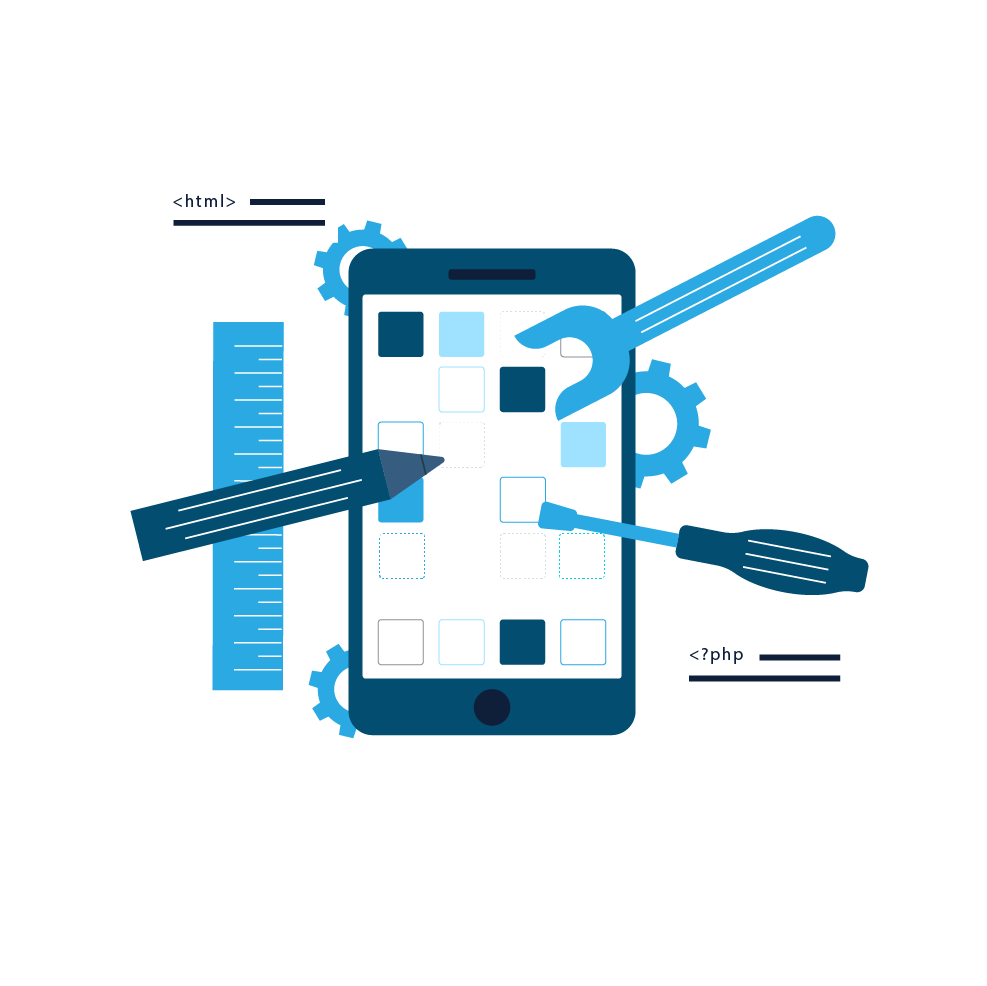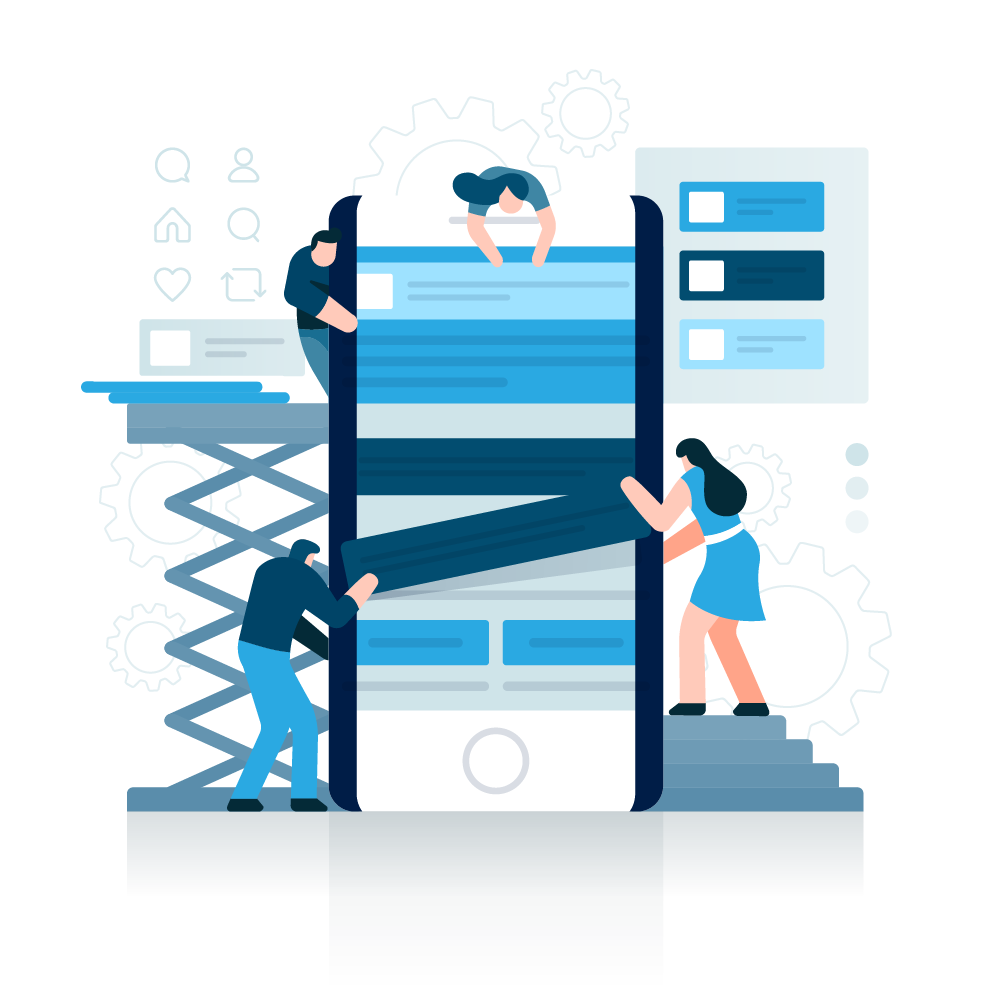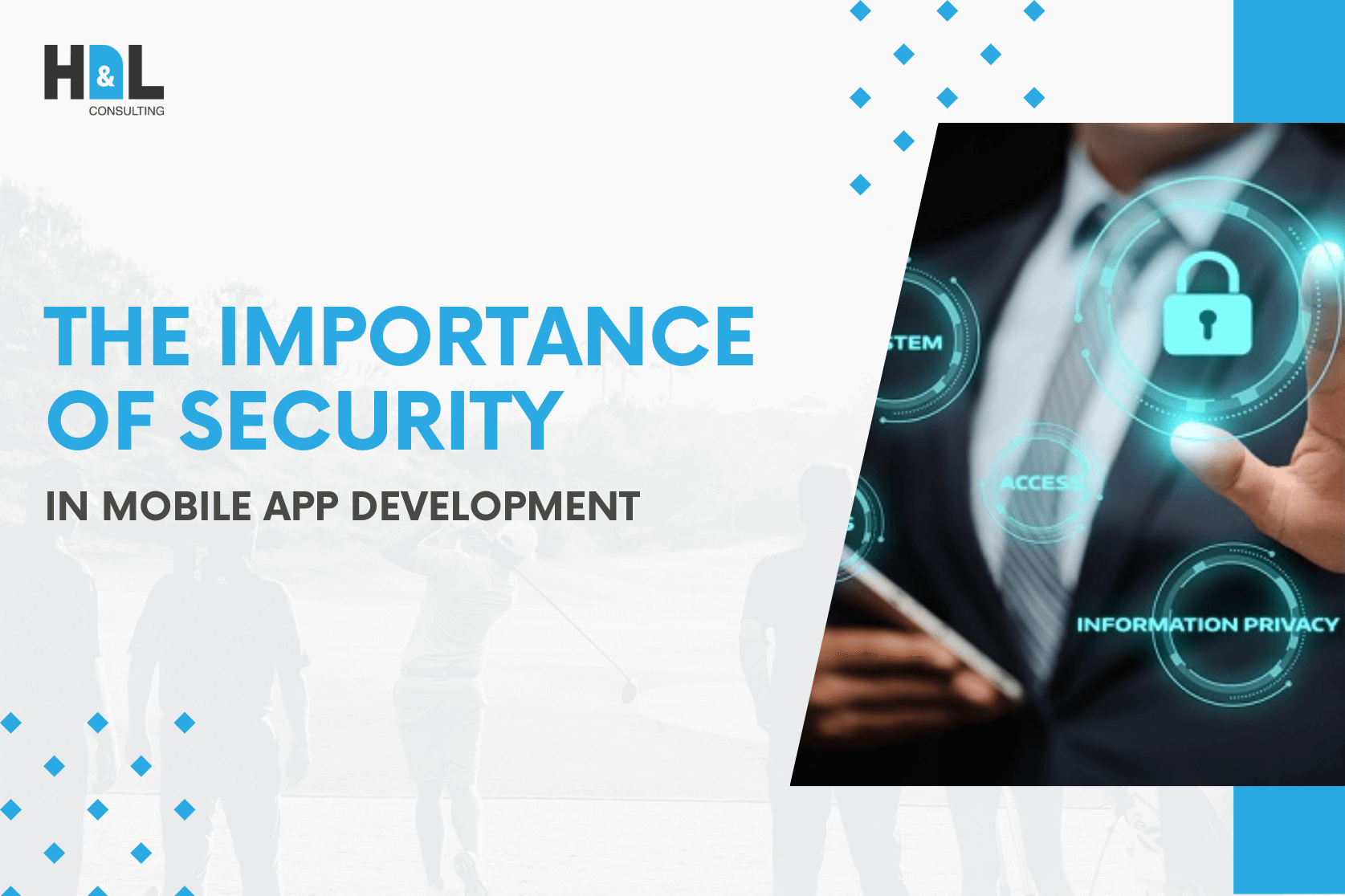With the digital world faced by increasing cyber threats today, mobile app security is needed more than ever. Protecting your application is not only an issue of securing users’ data, but it’s also about trust-building, keeping clear of legal issues, and overall success of your app. The reasons security should come first for any mobile app developer and how you can implement some best practices to help yourself from potential risks are discussed below.
Make data unreadable
Data encryption is probably one of the strongest ways to protect sensitive information. Whether it’s traveling over the internet or stored in a device, encrypting the data assures that it can’t be read if it ends up in the wrong hands. Make sure to use strong encryption algorithms which you update often to keep ahead of any emerging threats. Add an important layer of defense and keep users’ information safe from prying eyes.
Safe Authentication
You want users to log in to their accounts safely; this is where strong authentication methods come in. You should have multi-factor authentication, which basically adds another layer of security by requiring something more than just a password—like a fingerprint, face scan, or one-time code. Biometric authentication is increasingly in use and provides a seamless, frictionless way for users to log in to their accounts but in a very secure manner. Passwords must be hashed. Furthermore, users should be educated to create strong and unique passwords for more security.
Regular Updates
Cyber threats evolve daily, and so should your app. Security flaws might suddenly appear, and if they are not fixed right away, attackers could zero in on them. Create a strong updating mechanism to send updates to users, mainly security patches. Update regularly to keep your app safe.
Obfuscate Your Code
Code obfuscation: this makes your app’s source code unreadable to some extent. This means that even if someone does manage to break into your code, things will not be as lucid as they would like them to be. There are a lot of possible tools out there that let you obfuscate your code, and with that, you protect your app’s intellectual property against an attacker who could exploit the vulnerabilities described.

API protection
This makes APIs a lucrative target for hackers. Because of this, securing APIs must be done with top priority. Secure protocols of communication, such as HTTPS, are essential in protecting data from an app to a server. Added to this, mechanisms of authentication and authorization will ensure that only persons with permits or licensed access do get through to the API. Periodically auditing and testing your APIs for the capability to catch security weaknesses before they become problems.
Respect User’s Private Space
Modern users really care about their privacy, so not protecting their data will hurt your reputation. Clearly articulate how you collect, store, and use their data and only what is necessary for the functioning of your app. Allow users control over their personal data by giving them the ability to delete or export it. This transparent approach towards user privacy creates trust, a very important element of long-term success.
Test for Security Regularly
Security testing should be a regular part of your app development cycle. It will consist of penetration testing, reviews of your code, and searching for vulnerabilities to point out weak spots. There are also automated tools for doing such tests efficiently, giving you a better chance to catch any issues early. The key is to fix those vulnerabilities fast so that your app remains secure over time.
Follow Secure Development Practices
Development of a secure app starts with the adoption of secure development practices right from the beginning. Adhere to the established secure coding guidelines and use these tools that help you in spotting security issues during the development process, such as static and dynamic analysis tools. Ensure that your development team has been trained in security best practices and keep them updated with respect to the latest threats and techniques that can be applied.
Stay Compliant with Regulations
With the rapidly increasing regulation in today’s world, compliance with data protection laws, including the GDPR and the CCPA, remains very key. The regulations are aimed at protecting user data; a violation could mean serious trouble in terms of the law. Ensure the application meets all the relevant security and privacy requirements and be on the lookout for update compliance efforts at any time given new changes in the law.

Final Thoughts
Security should be thought of not in hindsight, but from the very beginning of mobile application development. Use encryption to safeguard data, ensure secure authentication, make sure your app is updated in a timely manner, and use best practices for API protection and obfuscating the code that is applied in the app to ensure users’ data safety in the best way. Start from the coding stage up to deployment and keep up with the latest threats so your app remains safe and trustworthy in the long run.
If you are looking for an experienced IT provider, H&L Consulting is the best option. With years of experience, we specialize in mobile app development, web app development, staff augmentation, and robot process automation. Our staff of over 30 highly qualified IT consultants and developers can handle projects of any scale. We are committed to supporting your goals after successfully delivering over 50 solutions to clients throughout the world. Contact us for a full discussion, knowing that H&L Consulting is prepared to fulfill all your IT demands with specialized, effective solutions.









